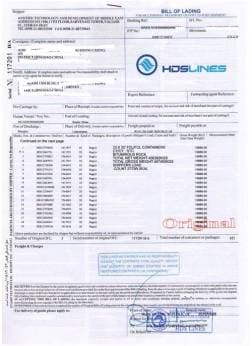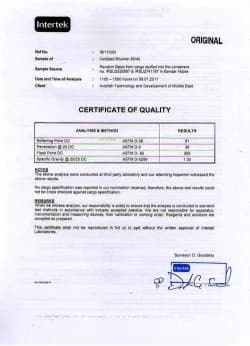Lump Sulfur Explained: Trade, Uses, and Safety Insights
Among the different physical forms of sulfur, Lump Sulfur is the version most commonly associated with large-scale exports. It is created when molten sulfur cools and solidifies into massive blocks, which are then broken down into irregular pieces for transport. Unlike granular or powdered varieties, Lump Sulfur is rarely used in its delivered form. Instead, it is valued as a primary supply material, shipped in bulk and later processed into smaller grades by the end user.
Its durability in storage and reduced dust levels make Lump Sulfur an attractive option for buyers who handle thousands of tons at a time. For many regions, particularly in agriculture and chemical sectors, Lump remains the foundation of the supply chain.
What Sets Lump Sulfur Apart?
Lump Sulfur is distinct from other forms due to its:
Production method – cooled in molds or pits and later broken into pieces.
Shape and size – irregular chunks ranging from a few centimeters to larger blocks.
Handling properties – generates less airborne dust compared with powder.
Economic role – typically cheaper to transport in bulk, with processing shifted to the buyer’s facilities.
The typical grade offered in international trade is 99.5% purity, ensuring it meets the baseline requirements for industrial and agricultural use.
Key Applications
1. Fertilizer Manufacturing
Lump Sulfur is often crushed and converted into granules or powders before entering fertilizer plants. It supplies sulfur as a nutrient that improves soil fertility and supports crop productivity.
2. Sulfuric Acid Production
One of the largest single uses of Lump Sulfur is in the production of sulfuric acid, a chemical that underpins industries ranging from mining to detergents. Its consistent purity makes it a dependable feedstock.
3. Chemical Processing
Industries utilize Lump Sulfur as a raw material for producing sulfates, detergents, resins, and dyes. The form itself may not be the end product, but it provides the base for multiple downstream chemicals.
4. Rubber and Polymer Uses
Although not directly added in this form, Lump is milled into finer particles for rubber vulcanization, a process that increases flexibility and durability of rubber goods.
5. Energy and Refining
In refineries and power generation, Lump Sulfur is melted and consumed in desulfurization processes. This contributes to environmental compliance and cleaner fuels.
6. Regional Trade and Export
Lump Sulfur is a cornerstone of sulfur exports from many producing countries. Buyers prefer it for its stability in shipping and the ability to process it into other forms locally, which reduces their procurement costs.
Packaging and Logistics
Most Lump Sulfur is shipped in bulk vessels, which allows thousands of tons to be delivered in a single consignment. For containerized shipping, 1 MT jumbo bags are the common option, providing easier handling at the destination port.
Because of its stability and reduced dusting compared to powdered forms, Lump Sulfur is less demanding in packaging. However, protection against moisture remains essential to preserve product quality during transit.
Safe Storage and Handling
Even though Sulfur is categorized as Non-Dangerous Goods (Non-DG) under shipping regulations, safe practices are still necessary:
Keep storage areas dry and ventilated.
Avoid direct heat and open flames.
During crushing or milling, install dust control systems to prevent accumulation.
Workers should use gloves and safety glasses when handling large quantities.
These precautions ensure that the material maintains quality and reduces risks during bulk processing.
FAQs
Q1: Why do buyers prefer Lump Sulfur over other forms?
Because it is cost-effective to transport in bulk and can be processed into granular or powder grades depending on local demand.
Q2: What is the standard purity of Lump Sulfur?
Exports typically meet a minimum purity of 99.5%, suitable for fertilizer and industrial use.
Q3: How is Lump Sulfur transported internationally?
Most exports are shipped in bulk vessels, though containerized shipments in 1 MT jumbo bags are also common.
Q4: Can Lump be applied directly in agriculture?
Not usually. It is often crushed or ground into smaller particles before being used in fertilizers or soil treatments.
Q5: Is Lump safe to store?
Yes, when kept dry and away from ignition sources. It should be handled with protective equipment during crushing or processing.


